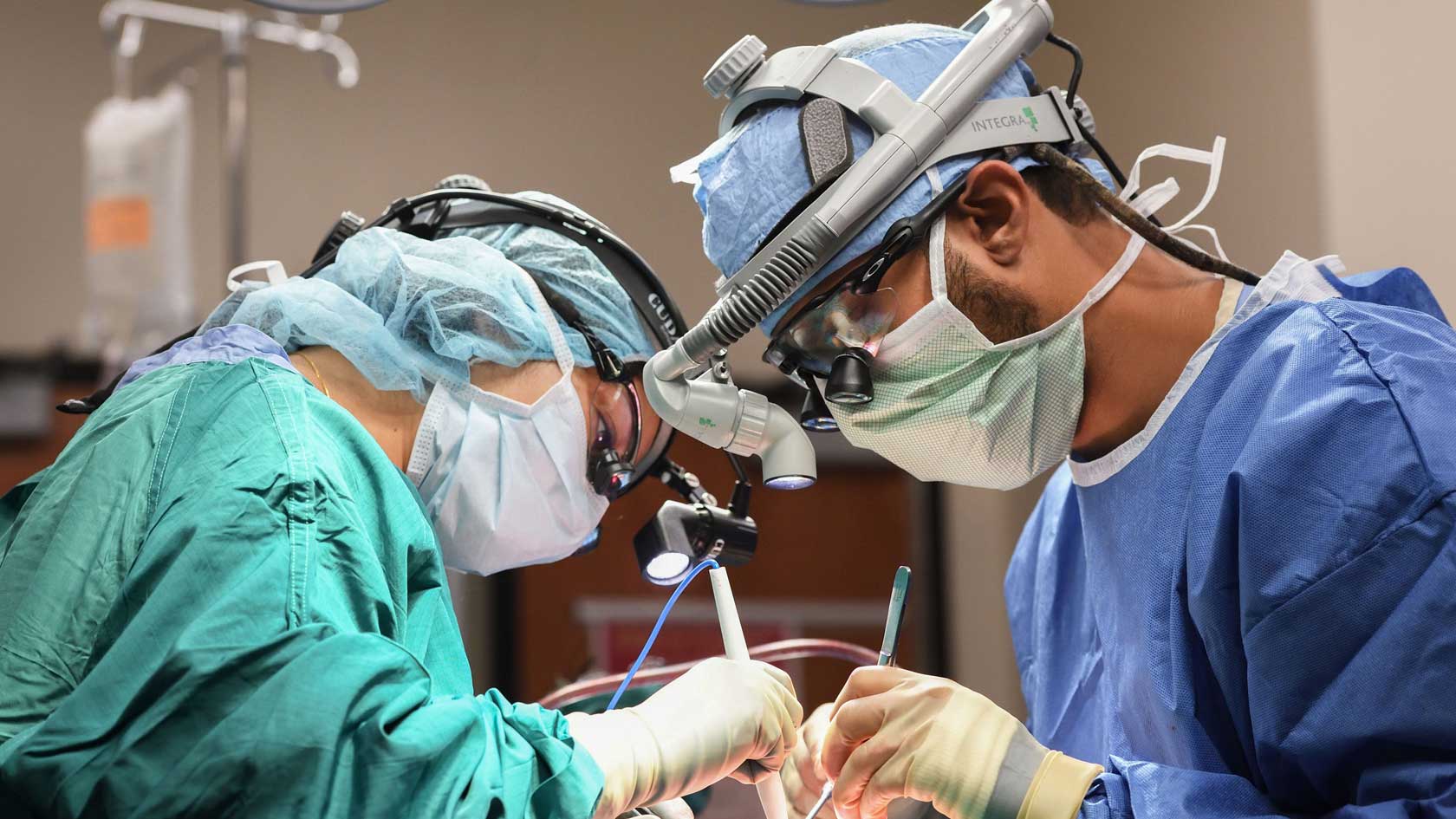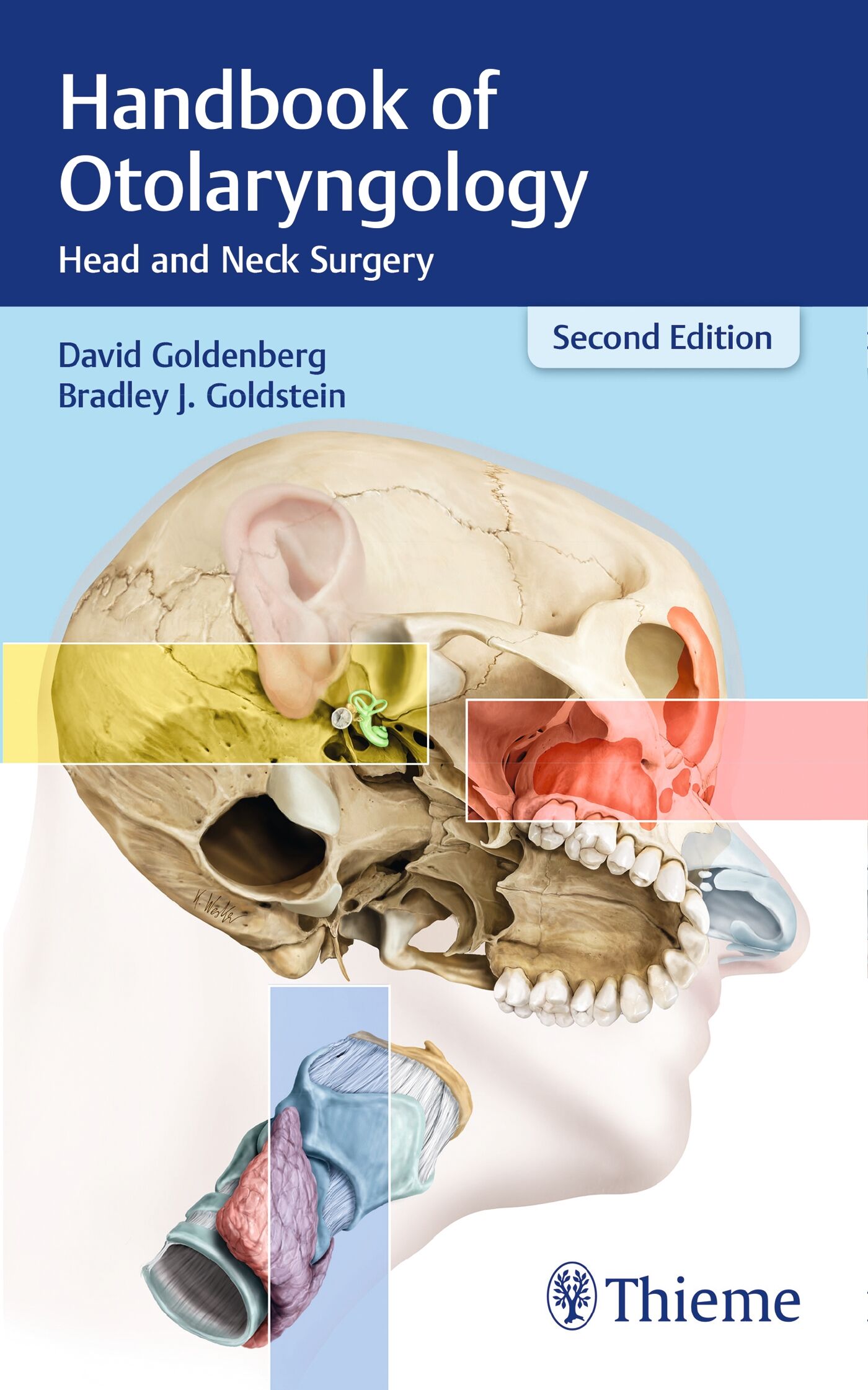Can an ENT Be the Best Option for Your Allergy Management?
Can an ENT Be the Best Option for Your Allergy Management?
Blog Article
Exploring the Field of Otolaryngology: What to Anticipate When You Consult an ENT
Otolaryngology, typically described as ENT, incorporates the medical diagnosis and treatment of throat, nose, and ear problems. For those experiencing related concerns, seeking advice from an ENT expert can provide clarity and alleviation. Understanding what to anticipate during such examinations is essential for effective interaction and treatment. This introduction will describe essential elements of the ENT experience, consisting of typical factors for visits and the procedures associated with medical diagnosis and therapy.

Understanding Otolaryngology: A Review
Otolaryngology, commonly referred to as ENT (Nose, ear, and throat) medication, is a specialized branch of medicine that concentrates on the medical diagnosis and treatment of conditions impacting these critical locations of the human body. This area encompasses a variety of conditions, including those pertaining to hearing, balance, respiratory system function, and speech. Otolaryngologists are trained to manage both medical and clinical treatments, utilizing innovative strategies and innovations. Their competence expands beyond conventional conditions, attending to issues such as allergic reactions, sinus infections, and hearing loss. Furthermore, they play a crucial role in the management of head and neck cancers cells, offering complete care tailored to individual patient requirements. Generally, otolaryngology continues to be essential for preserving health and wellness and lifestyle in affected people.
Typical Factors to See an ENT Specialist
Lots of individuals look for the know-how of an ENT specialist for a variety of reasons, showing the varied nature of conditions that influence the throat, ear, and nose. Common problems include chronic sinusitis, which commonly leads to persistent nasal blockage and facial discomfort. Allergies and their associated symptoms, such as sneezing and itching, additionally prompt check outs to these professionals (Otolaryngologist). Hearing loss, whether steady or unexpected, is one more significant factor for assessment. On top of that, people might seek examination for throat problems, consisting of persistent hoarseness or swallowing problems. Sleep apnea, defined by cut off breathing throughout sleep, is often addressed by ENT professionals. Each of these problems highlights the relevance of specialized care in handling intricate ENT-related health and wellness problems
Preparing for Your ENT Appointment
When planning for an ENT visit, it is important to gather pertinent information and think about any kind of specific problems. Individuals need to compile a thorough clinical background, consisting of previous ear, nose, or throat issues, surgeries, and existing medicines. Documenting signs-- such as duration, extent, and regularity-- can supply useful insights for the ENT professional. Furthermore, people ought to prepare a list of inquiries they want to ask, making sure that all worries are addressed during the check out. Bringing along any appropriate medical records or test outcomes can even more aid the ENT in comprehending the client's condition. People ought to confirm their appointment details, consisting of time, date, and place, to reduce any type of final confusion. Appropriate prep work can boost the efficiency of the examination and cause better end results.
What to Anticipate Throughout the Consultation
As the examination starts, the patient can anticipate to participate in a complete discussion with the ENT professional about their symptoms and case history. The professional will ask about the duration, regularity, and extent of signs and symptoms such as hearing loss, nasal congestion, or sore throat. Additionally, the client's previous clinical conditions, medicines, and any kind of pertinent family members here background will be reviewed, helping the specialist in creating a full understanding of the patient's wellness. The ENT might likewise inquire about lifestyle aspects, such as direct exposure to allergens or toxic irritants. This open discussion develops a structure for the appointment, making sure that the client's issues are resolved and establishing the phase for any essential analyses or suggestions for treatment.
Analysis Tests and Treatments in Otolaryngology
A variety of analysis examinations and procedures are vital in otolaryngology to accurately assess and detect problems affecting the ear, nose, and throat. Common tests include audiometry, which measures hearing function, and tympanometry, evaluating center ear pressure. Nasal endoscopy enables visualization of the nasal passages and sinuses, while laryngoscopy checks out the throat and singing cables. Imaging methods, such as CT scans and MRIs, give in-depth views of head and neck frameworks. Allergy screening may additionally be conducted to recognize triggers for sinus or breathing issues. These analysis devices make it possible for ENT professionals to create a thorough understanding of people' problems, making sure tailored and reliable monitoring plans. Correct diagnosis is vital for effective therapy results in otolaryngology.
Treatment Choices Supplied by ENT Specialists
ENT professionals use a range of treatment choices customized to address specific problems affecting the nose, throat, and ear. These treatments range from conservative techniques, such as medicine and way of living adjustments, to even more intrusive procedures. Allergic reactions might be taken care of with antihistamines or immunotherapy, while chronic sinusitis might require nasal corticosteroids or sinus surgery. For hearing loss, ENT experts usually suggest hearing help or surgical interventions like cochlear implants. In instances of throat problems, alternatives can include speech treatment or surgeries to get rid of obstructions. Furthermore, they may give guidance for handling sleep apnea, including making use of CPAP tools or medical interventions. On the whole, the goal is to enhance patients' top quality of life via individualized care and effective therapy techniques.
When to Look For Follow-Up Treatment With an ENT
Acknowledging when to seek follow-up treatment with an ENT expert is important for managing ongoing signs and symptoms or problems connected to nose, throat, and ear conditions. Individuals should take into consideration arranging a follow-up visit if signs and symptoms linger in spite of preliminary therapy, such as chronic ear discomfort, nasal congestion, or throat discomfort. Adjustments in hearing, equilibrium problems, or unusual nasal discharge may additionally require more assessment. Additionally, if a patient experiences negative effects from suggested drugs or has undergone a surgical procedure, follow-up treatment is essential to keep an eye on healing and address any issues. Prompt consultations can ensure reliable monitoring of conditions, avoid prospective problems, and supply satisfaction regarding one's health and wellness. Seeking follow-up care promotes positive health management in otolaryngology.
Regularly Asked Questions

What Qualifications Should I Look for in an ENT Expert?
When seeking an ENT specialist, one should seek board accreditation, pertinent experience, and strong individual reviews. In addition, reliable communication skills and a compassionate approach can considerably improve the overall therapy experience.
Just how Do I Select the Right ENT for My Requirements?
Picking the appropriate ENT specialist includes assessing their credentials, experience, and person reviews (Sinus). It is vital to consider their communication style and approach to treatment, ensuring they line up with the individual's particular wellness requirements and preferences
Are There Any Kind Of Dangers Connected With ENT Procedures?
The dangers associated with ENT treatments might include infection, bleeding, anesthesia issues, and possible damages to surrounding structures. Patients ought to discuss these threats with their medical professional to recognize private problems and assurance informed decisions.
How Can I Handle Anxiety Before My ENT Appointment?
To manage anxiousness prior to an appointment, individuals can practice deep breathing workouts, picture positive outcomes, prepare inquiries in advance, and seek support from buddies or family, fostering a sense of reassurance and calmness.
What Should I Do if I Experience Adverse Effects From Treatment?
If negative effects from treatment happen, the individual needs to immediately report them to their doctor. Changes to treatment or added interventions may be needed to ensure safety and security and performance in managing their problem - Otolaryngologist. As the appointment begins, the client can expect to engage in a detailed conversation with the ENT specialist concerning their symptoms and medical background. These diagnostic devices make it possible for ENT professionals to establish a complete understanding of clients' problems, guaranteeing customized and reliable administration strategies. ENT specialists use a selection of treatment alternatives tailored to attend to certain conditions impacting the nose, throat, and ear. When seeking an ENT specialist, one should look for board accreditation, pertinent experience, and strong patient evaluations. Selecting the right ENT professional entails examining their qualifications, experience, and person reviews
Report this page